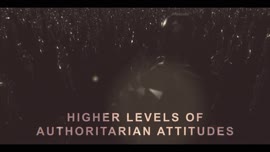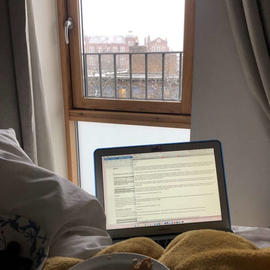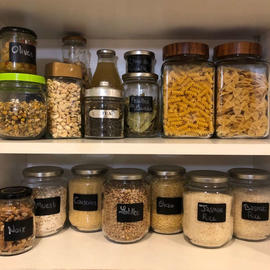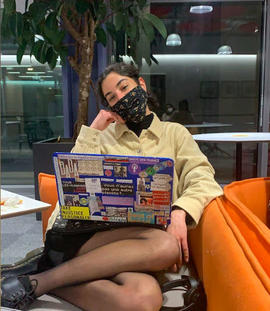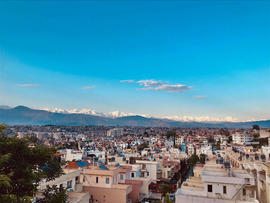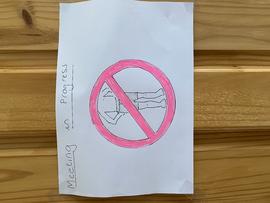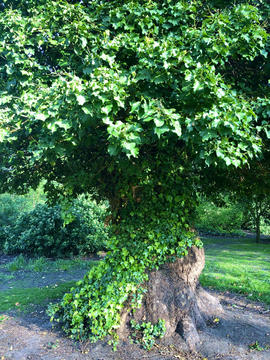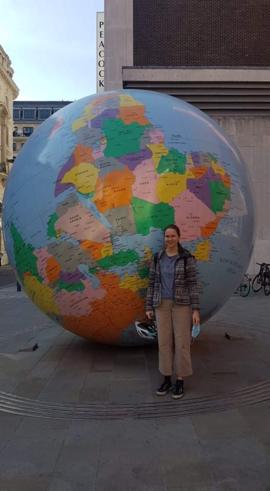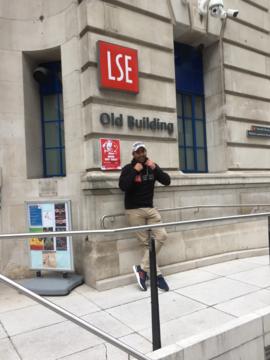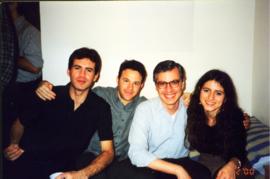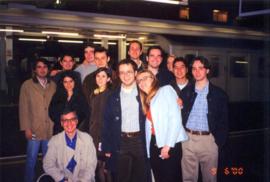Submitted by: Cheryl Schonhardt-Bailey
Date: Autumn 2019-January 2021
This book began in autumn 2019, and continued throughout the Covid pandemic. It is being published by Ubiquity Press, as an open-source book, with a publication date of about 1st October 2021. It was meant to be part of the School's 125th anniversary celebration and is the first ever history of the LSE Government Department.
The contributors include students at all levels (undergraduate, masters, doctoral), working together with Gordon Bannerman (a British historian who previously studied at LSE) and Cheryl Schonhardt-Bailey as Head of the Department. Moreover, we wanted to ensure that different perspectives were heard and so along with archival research, we included dozens of interviews with current and former academics, PSS staff, students and alumni. We wanted the history to have many voices, and I think that we have achieved that.
Completing this during Covid posed many challenges. First, we had only two months to conduct the in-person archival work in the library before the first lockdown hit. This posed a major challenge as it made access to the historical archives impossible. Fortunately, the research that had been done, together with on-line research, allowed us to move forward.
A second challenge was that we were all working from various parts of the worldCanada, Kenya, Lebanon, Poland, and different parts of the UK! So, just keeping the focus and momentum going as the pandemic raged throughout the world was quite the task. Somehow, each of us managed to bring our contributions to the volume at different times, as we were each facing our own Covid-related disruptions along the way.
A third challenge was obtaining the interviews as the turmoil of Covid took hold. Here, Skype, Zoom and phone calls made the interviews possible, and in some cases, were more convenient than in-person interviews. The real difficulty was that in spring of 2020, many interviewees were difficult to contact, given the on-going turmoil in everyones lives. But the fact that so many interviewees were willing to take the time for us is a real testament to the strength of feeling that many have towards the Department and the School more generally.
The book itself traces the emergence and evolution of the LSE Government Department from 1895 to 2020, focusing on the personalities that guided the development of the Department, the social and political contexts the Department existed within, its research agenda and course structure, and the location of the Department in British politics. It also charts the evolution of the discipline of political science in Britain itself. The volume is divided chronologically into four chapters, each covering roughly similar time periods in the Departments history and focuses on the events that shaped it: personalities, events, and location. Key themes are the development of political science in Britain, the impact of location on the LSE Government Department, the professionalisation of academia in Britain, and the microcosm the Department presents of British political life during each time period. The conflicts between progressive and conservative forces are a recurring theme which helps link the internal dynamics of the Department with the wider social and political contexts that occurred from the beginning of the School to its 125th anniversary.

